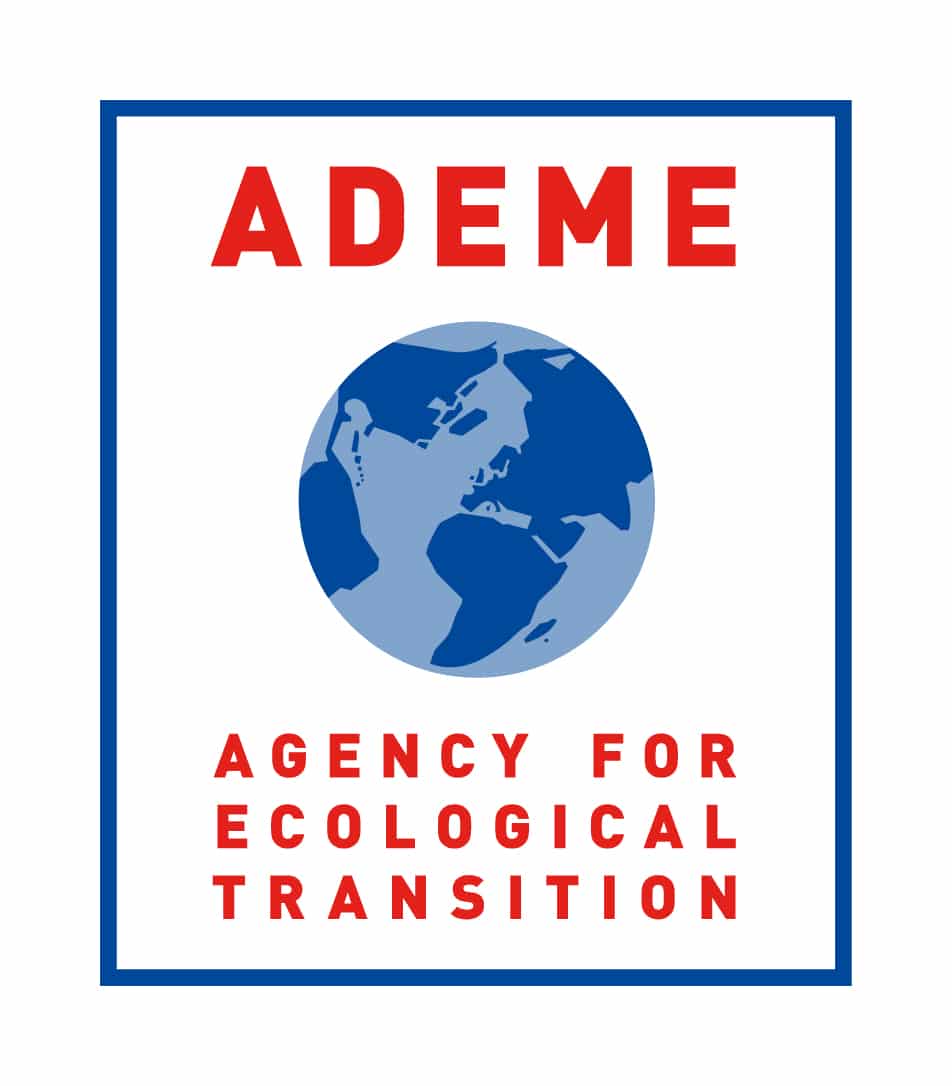Our strategies for the ecological transition
ADEME is at the service of all stakeholders who are committed to and contribute to the ecological transition. We support them according to their needs and specificities. We have built strategies by type of stakeholder – general public, local authorities, companies – by sector of activity and by geographical area.
In this page:
- Consumer strategy
- Local authorities strategy
- Companies strategy
- Overseas strategy
- Europe and international strategy
- Research-Development strategy
Climate and resource preservation are major challenges for humanity. While society as a whole is called upon to get involved, ADEME is at the service of all stakeholders (State, companies, local authorities and citizens) involved in the ecological transition.
We have developed strategies, by sector and by type of stakeholder targeted. They define our orientations, our principles of action and our organisation, in conjunction with existing policies and actions.
Consumer strategy
For ADEME, the time has come to embark on a broader and ambitious movement to transform behaviours in all aspects of our lifestyles and consumption. To convince and inspire everyone to take action, we help citizens to rethink their habits, demonstrating the benefits that these changes can bring at the collective and individual levels. We disseminate our studies and practical advice, adapted to the different moments of life. We encourage the production of new stories on the ecological transition, to make everyone want to commit to it. Finally, we connect citizens with other stakeholders to share concrete solutions.
More information
Local authorities strategy
Local authorities coordinate initiatives on the territories and unite citizens. They thus contribute to the emergence of innovative solutions to accelerate the ecological transition. We support them by providing them with concrete solutions, expertise and tools to act on climate change, air and soil quality, etc. We particularly target regions and inter-municipalities. We help them to overcome the technical, legal and financial obstacles that hinder the spread of the ecological transition.
Companies strategy
Integrating the imperatives of the ecological transition represents an opportunity to create value for companies and a condition for their long-term existence. We offer them technical and methodological support to reduce their environmental impact, regardless of their size, their sector, or their trade. We support them to finance their innovation projects thanks to the investments for the future programme. We also connect them with other stakeholders, to encourage them to go further in their environmental approaches.
More information
Overseas strategy
The overseas territorial authorities are among the territories most exposed to the climate emergency. Their ecosystems are highly sensitive to climate change and demographic pressures. These specificities lead us to intervene in a specific way. We have set ourselves the goal of bringing together and converging the expertise and skills useful for the successful completion of ecological transition projects, to make it a lever for overseas development in the face of climate change. These local authorities are also places of innovation, rich in lessons for other territories.
More information
Europe and international strategy
ADEME’s ambition is to be recognized as a reference agency, for its expertise and its ability to accelerate mobilisation around the ecological transition, both within Europe and internationally. We want to share and enrich our expertise, promote French know-how and companies committed to the ecological transition and disseminate best practices. ADEME is therefore forging institutional, economic and financial partnerships in targeted geographical areas.
More information
Research-Development strategy
ADEME has also made it a priority to develop research projects capable of taking into account the cross-cutting dimension of the ecological transition and meeting the needs of the territories. We encourage dialogue between all stakeholders: researchers, companies, local authorities, associations, etc. Our strategy covers four interdisciplinary thematic priorities: the preservation and restoration of environments and resources, the circular economy with a view to resilience, low-carbon energy and industrial systems and the ecological and societal transition.
More information
We also have sectoral strategies. They define our priorities for action in sectors with high stakes for the ecological transition, such as sustainable urban planning or the sustainable bioeconomy for example…





